When Spring arrives so do those pesky mosquitoes. Instead of using harsh chemicals on the annoying blood-suckers, consider a more natural approach using these fragrant mosquito repellent plants.
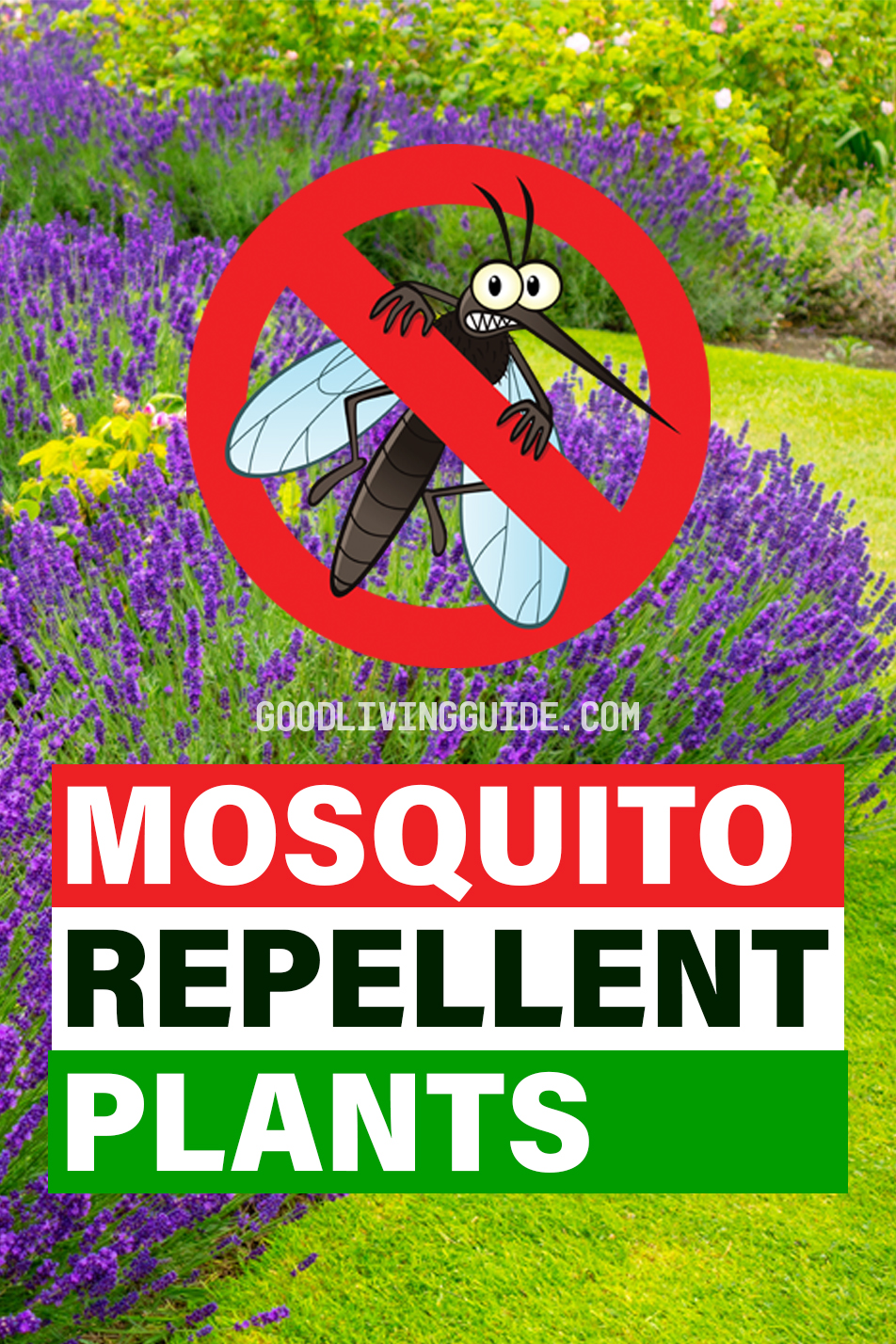
MARIGOLDS (Tagetes sp.)
Marigold plants provide showy garden colors. They contain a compound called pyrethrin that is very effective in keeping mosquitoes away. In fact, this substance works so well that it is used in many natural insecticides. In addition to mosquitoes, marigolds are also useful in repelling other insects such as aphids, tomato worms and squash bugs.
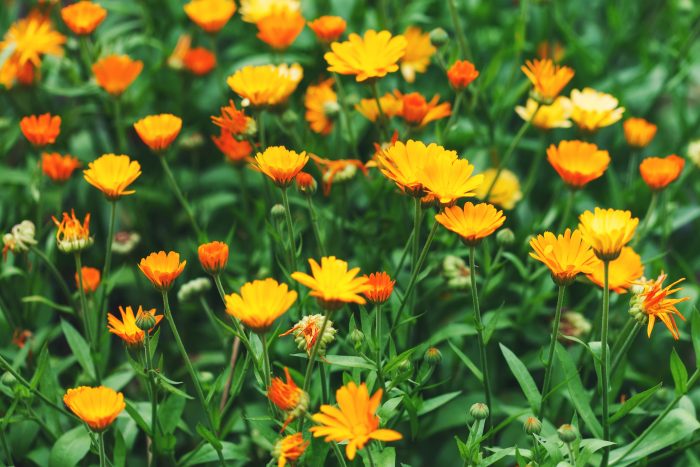
ROSEMARY (Rosmarinus officinalis)
Not only will Rosemary make your food taste delicious and your garden look amazing, but its woody aroma is wonderful at keeping small mosquito infestations away. The live plant, cuttings from the plant and its essential oil are all effective at repelling mosquitoes. It thrives in containers but can also be pruned into many shapes and sizes to make creative borders and decorations in a garden bed. In addition to Rosemary’s ability to get rid of the skeeters, a unique lesser-known trait of this medicinal herb is its ability to help improve memory.
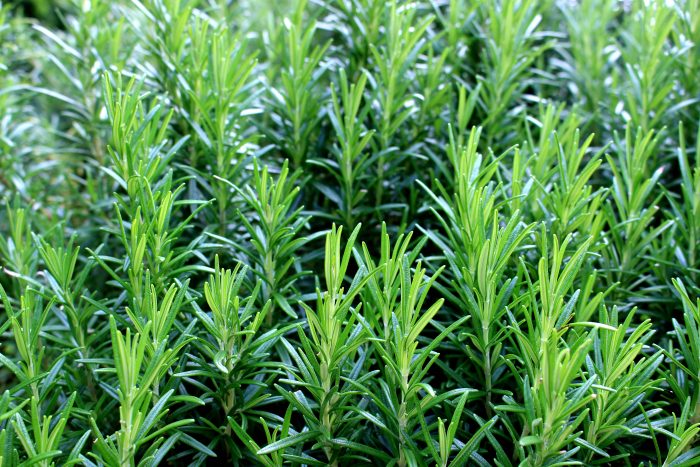
LEMONGRASS (Cymbopogon citrates)
Lemongrass contains citronella, which has long been used in natural insect repellents. Since it makes a good container plant, it is often planted in pots around porches or near home entrances to keep mosquitoes away. In addition to pest control, Lemongrass has a myriad of useful benefits that include calming nerves, promoting restful sleep, and maintaining digestive health.
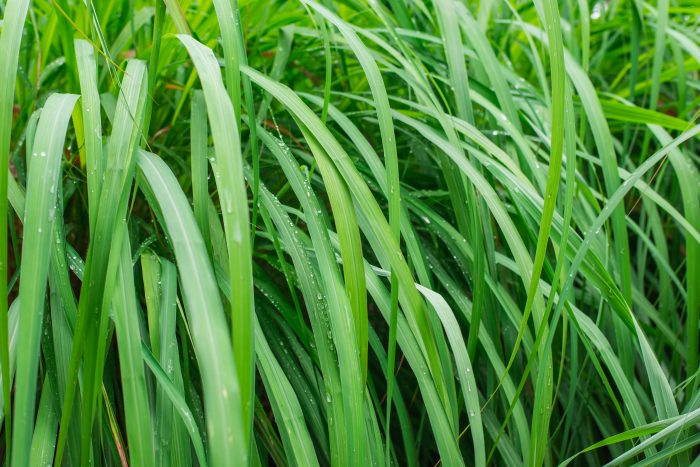
CATNIP (Nepeta cataria)
A research group from Iowa State University studied the essential oil in catnip, which is called nepetalactone. They found it to be ten times more effective at repelling mosquitoes than DEET. Catnip plants can grow very tall, so be sure to plant them in an area where it won’t block any desired views.
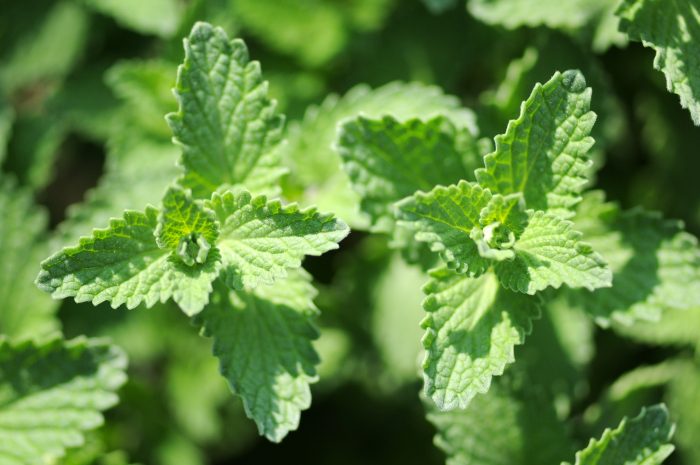
LEMON THYME (Thymus vulgaris)
This hardy herb repels mosquitoes when its essential oil is released by crushing or bruising its fragrant foliage. The oil must then be rubbed onto exposed areas of bare skin to be effective. Lemon thyme is an excellent plant with a pleasant lemony fragrance and a creeping habit that make it perfect for hanging baskets. It can also be planted along a path or patio to form a ground cover.
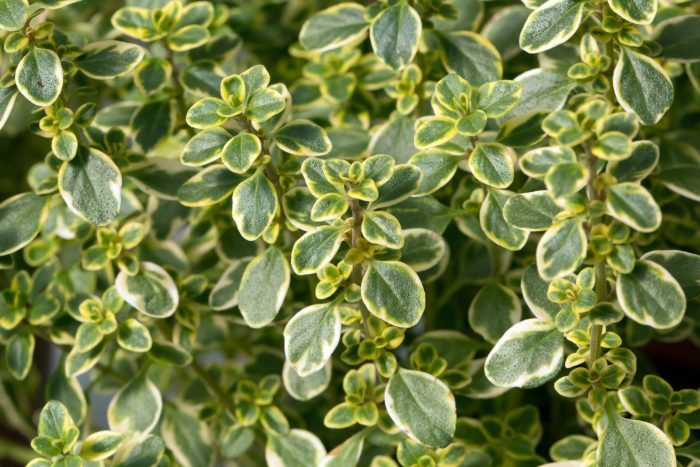
BASIL (Ocimum americanum)
Basil’s strong fragrance makes it one of the most effective mosquito repellent plants. Mosquitoes detest all basil varieties. However, lemon basil, Peruvian basil and cinnamon basil seem to work best because they have the strongest aromas. A 2009 study concluded that an essential oil from basil is toxic to mosquito larvae. Therefore, it may be a good idea to plant it near water sources to control the amount of eggs being laid.
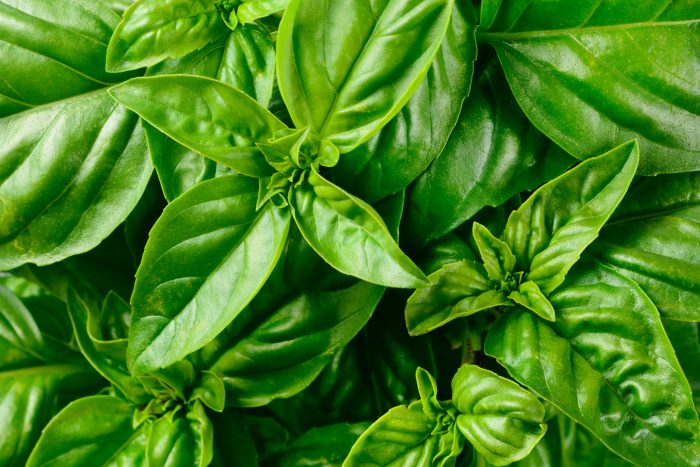
LAVENDER (Lavandula angustifolia)
Not only are the purple flowers beautiful to look at, but the smell is known to repel mosquitoes and other pests. The lavender plant’s strong aroma comes from the essential oil in its leaves. Experts speculate that the potent scent masks the mosquito’s sense of smell, preventing it from detecting the carbon dioxide that humans emit.
Another benefit of growing this wonderful plant is being able to make Lavender Lemonade. It’s delicious, refreshing AND good for you!
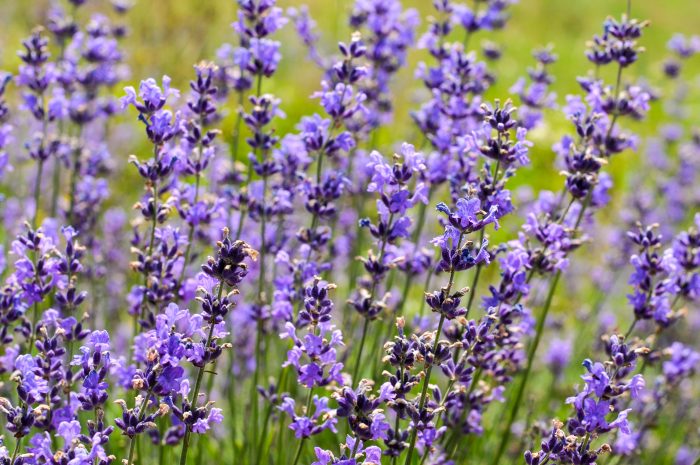
LEMON BALM (Melissa officinalis)
Lemon balm contains high levels of a compound called citronellal. This compound has similar properties to citronella, including the ability to repel mosquitoes. It has a lemony scent and flavor that are undesirable to mosquitoes and other pests. It it best grown in containers since it can be a very invasive plant.
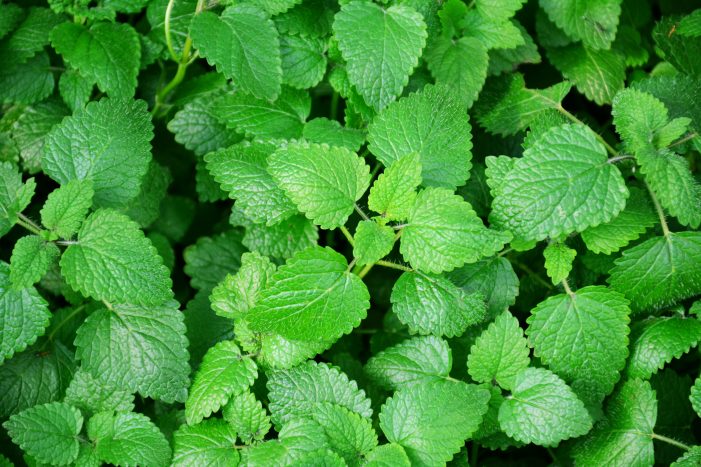
GARLIC (Allium sativum)
Garlic has more uses than scaring off vampires and adding flavor to Italian dishes. It can also keep mosquitoes from hanging around your house. Just add some garlic to your flower bed or vegetable garden to increase the likelihood that they’ll find a home elsewhere and leave yours alone.
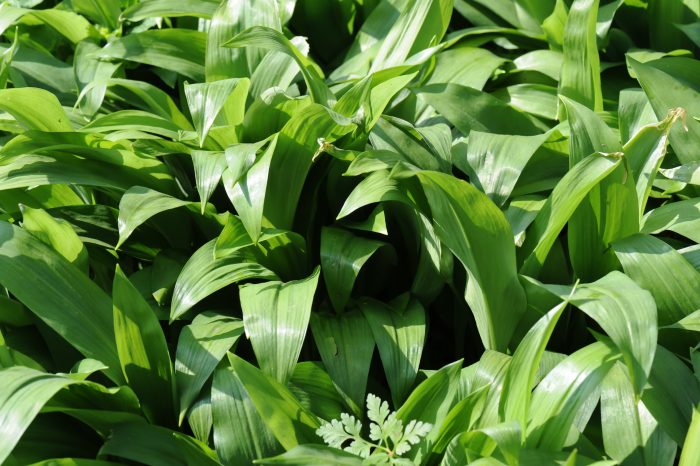
We wish you much success in using these mosquito repellent plants for a fun-filled and bite-free summer!
- Raised Garden Beds Keep The Critters Away And Reduce Back Strain
- Rose Succulents: The Perfect Low-Maintenance Plant For Flower-Lovers
- Lithops Are “Living Stones” That Look Like Beautifully Marked Pebbles
- Teddy Bear Sunflowers Produce Beautiful, Fluffy Golden-Orange Blooms
- People Are Turning Broken Flower Pots Into The Cutest Fairy Gardens
- Vanilla Strawberry Hydrangeas Produce Gorgeous White and Pink Flowers
- Smelling Rosemary Improves Memory

